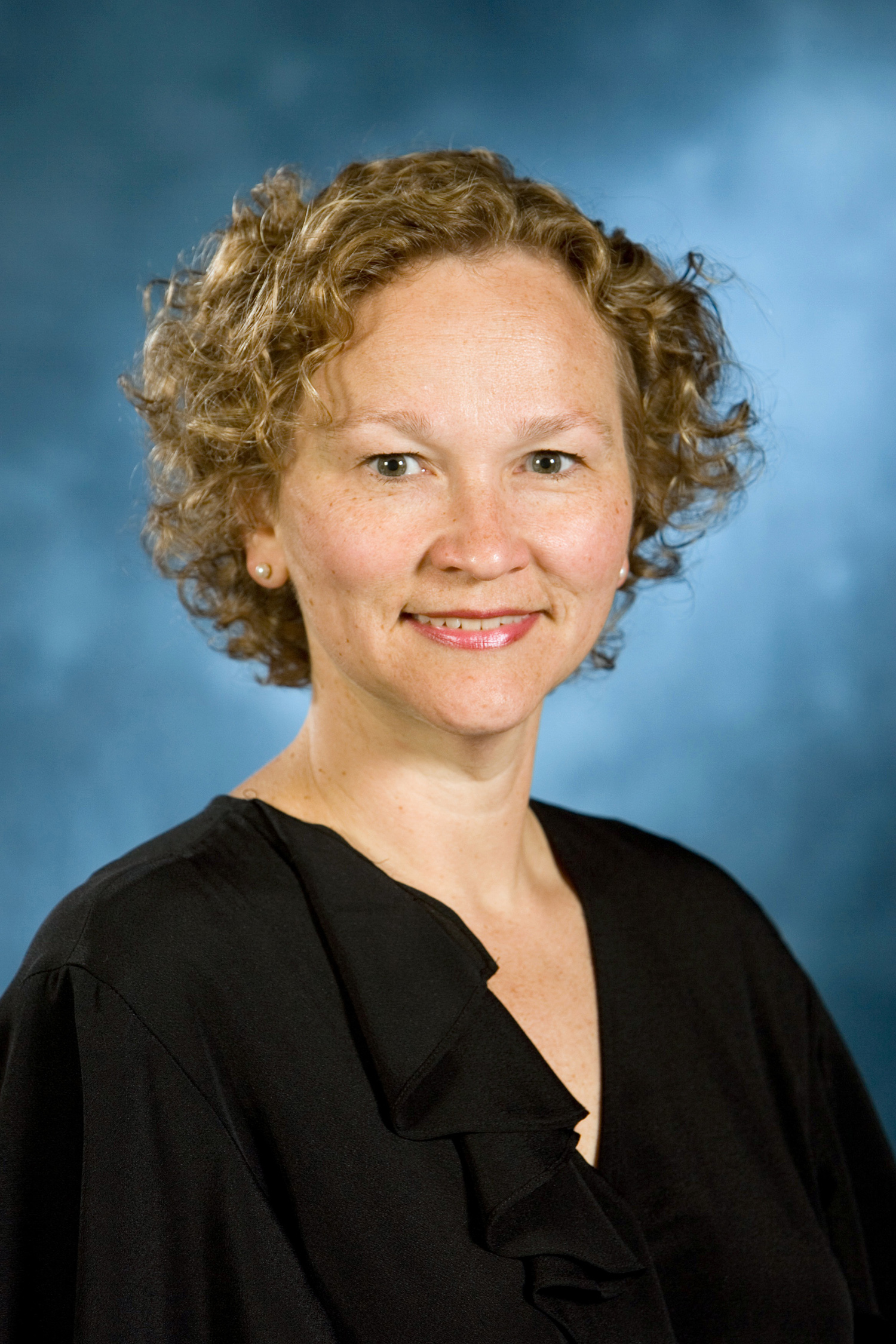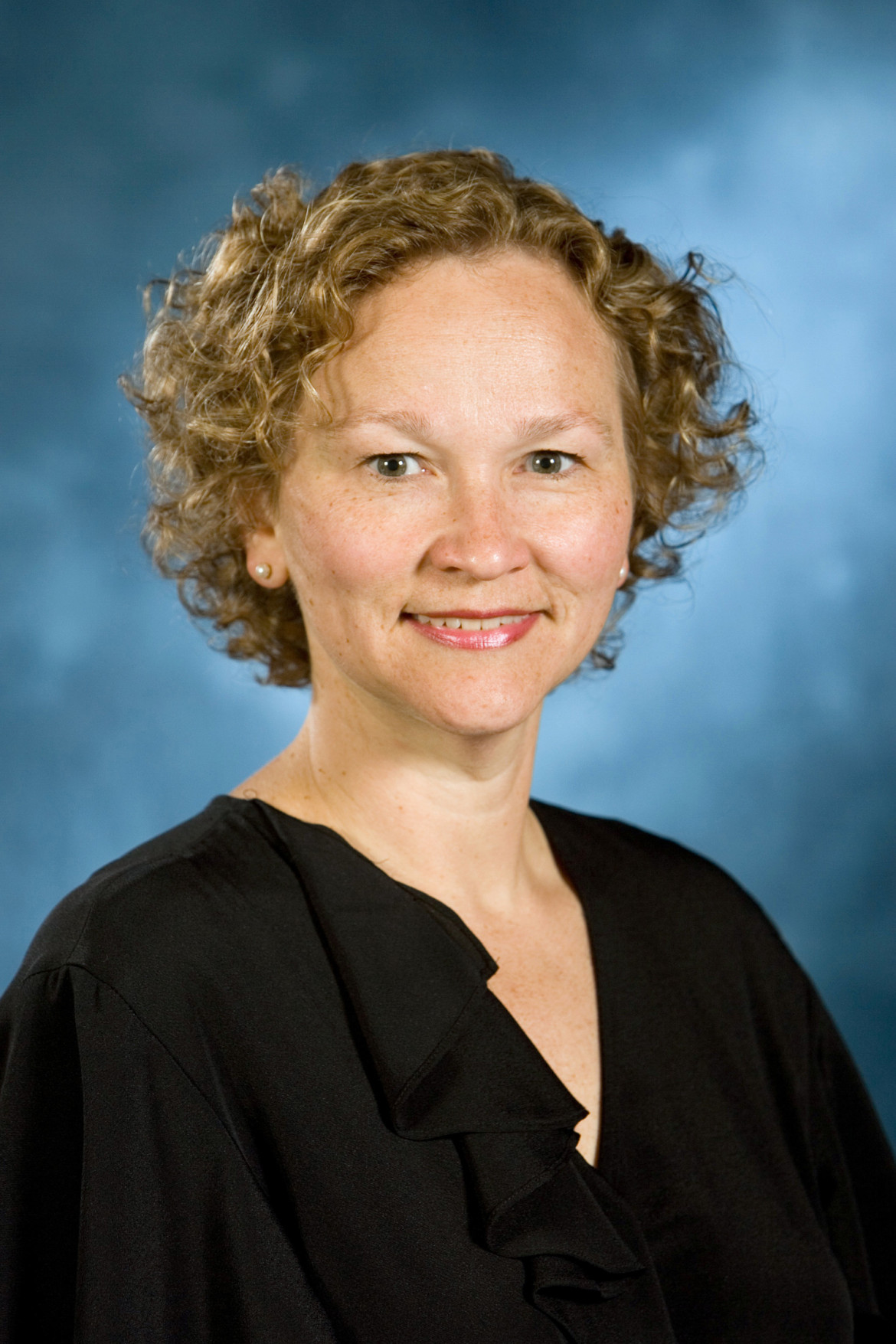 Four undergraduate conductors and three graduate conductors from five different Michigan universities participated in masterclasses with clinicians Francisco Núñez and Jo-Michael Scheibe at ACDA Michigan’s state conference in October. Attendance at the masterclasses by participants, fellow students and ACDA members alike was high, and confirmed our great interest in this particular activity at our conference. Indeed, having conductors from such a wide variety of schools probably played a part in increasing our student member attendance at this year’s conference as students came not only for the conference, but also to cheer on their colleagues on the podium. But where were the many other college students aspiring to be choral directors one day?
Four undergraduate conductors and three graduate conductors from five different Michigan universities participated in masterclasses with clinicians Francisco Núñez and Jo-Michael Scheibe at ACDA Michigan’s state conference in October. Attendance at the masterclasses by participants, fellow students and ACDA members alike was high, and confirmed our great interest in this particular activity at our conference. Indeed, having conductors from such a wide variety of schools probably played a part in increasing our student member attendance at this year’s conference as students came not only for the conference, but also to cheer on their colleagues on the podium. But where were the many other college students aspiring to be choral directors one day?
We, as sea soned veterans in our field, are aware of the importance of going to professional conferences, whether it be state, regional or national; ACDA, MENC, NCCO, or any number of other organizations. We recognize the value of such activities and, if you are like me, have been attending these conferences for years. As a choral methods instructor I struggle with trying to convince my students of the value of conference attendance. I give the plea, explain the benefits, encourage participation, and still I get only a few takers. How can we entice more college students to join us for these professional activities?
soned veterans in our field, are aware of the importance of going to professional conferences, whether it be state, regional or national; ACDA, MENC, NCCO, or any number of other organizations. We recognize the value of such activities and, if you are like me, have been attending these conferences for years. As a choral methods instructor I struggle with trying to convince my students of the value of conference attendance. I give the plea, explain the benefits, encourage participation, and still I get only a few takers. How can we entice more college students to join us for these professional activities?
I guess I could start by examining my own journey. I have to admit that I did not go to professional conferences as an undergraduate student. It was not encouraged at my college, or I also chose not to heed the advice of my professors. So when I started my first job in Ironwood, Michigan, I was not yet an avid conference-goer. I barely even knew they existed. I was told my first year of teaching that I should attend the state music conference, and go a day early with a purchase order to select music for the coming school year. So I did. As a young teacher I found myself in a small town where I was the choral music expert and needed all the help I could get! Community members looked to me for leadership in all things choral, and I found myself wearing hats I never thought I would wear: show choir coach, musical director, voice instructor, solo/ensemble accompanist, fundraising queen, tour coordinator, teen counselor, Mr. Red Devil sponsor, to name a few. I quickly learned that conferences and weekend workshops were invaluable for learning concepts and techniques that were not included in college methods class curriculum.
Once in graduate school my motivation for going to conferences was purely social. I was lucky to go to universities with active ACDA chapters and was friends with most of the members. Conference travel was great bonding time for my buddies and me. Going to sessions and learning about choral concepts was secondary at first, but attending the concerts was very engaging for me. Over time I began meticulously ke eping programs, noted literature I liked and ordered single copies for my reference files. It got to the point where I didn’t want to miss a single interest session, reading session or trip through the exhibits for fear of missing something important. I grew to appreciate what conferences had to offer my professional growth and didn’t miss a single ACDA or MENC conference for many years. Once I began college teaching, conferences became a way for me to stay connected with my graduate school friends and professors, and network with new people by attending receptions. Now I find myself holding leadership positions, leading sessions and bringing my choir to perform, all the while hoping my students may some day value conferences as I do.
eping programs, noted literature I liked and ordered single copies for my reference files. It got to the point where I didn’t want to miss a single interest session, reading session or trip through the exhibits for fear of missing something important. I grew to appreciate what conferences had to offer my professional growth and didn’t miss a single ACDA or MENC conference for many years. Once I began college teaching, conferences became a way for me to stay connected with my graduate school friends and professors, and network with new people by attending receptions. Now I find myself holding leadership positions, leading sessions and bringing my choir to perform, all the while hoping my students may some day value conferences as I do.
So I’m afraid I still don’t have the magic answer for how to motivate students to join the conference attendance bandwagon. While my journey into conference attendance was a long one, I want to save my students time and encourage them to go now. Perhaps more activities like the conducting masterclasses, special interest sessions specific to their needs and wonderments, social mixers and gatherings, Facebook sites and email contacts would entice them. As R&S Chair for Youth & Student Activities you can bet I will be trying them all in the coming years. Here’s to a new generation of conference attendees and choral leaders!
Dr. Julie Skadsem is Associate Professor of Choral Music Education and Conducting at the University of Michigan where she conducts the Women’s Glee Club and teaches courses in conducting, choral techniques and vocal methods. She has earned degrees in choral music education from St. Olaf College (B.A.), Florida State University (M.M.E.), and the University of Missouri-Kansas City (Ph.D.).
Before coming to Michigan in fall 2006, Skadsem was Associate Professor of Music Education at the University of Alabama where she taught courses in choir, conducting and music education, and was the Founding Director of the Birmingham Children’s Choir. She taught vocal music (7-12) in Ironwood, Michigan and is an active clinician, adjudicator, and guest conductor. She is a member of the VoiceCare Network and is certified in Dalcroze eurhythmics, Orff-Schulwerk and Kodaly.
In addition to her choral work, Skadsem is also an active researcher. Her research on choral conducting and rehearsal techniques has been presented at MENC, ACDA and the Southeastern Music Education Symposium, and is being published at the state, regional, and national levels. She currently serves on the editorial board of the Southern Music Education Journal.

